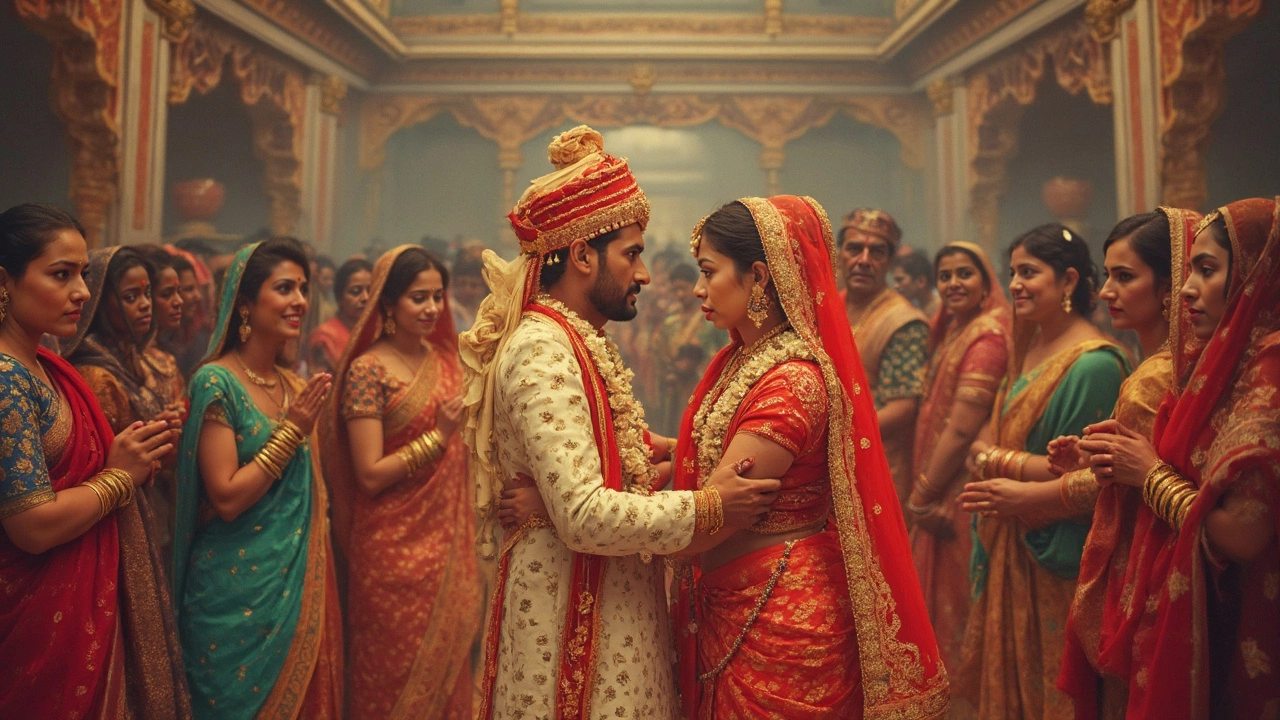Indian Marriage Laws: What You Need to Know in 2025
Getting married in India sounds simple, but the legal side can be confusing. From age limits to which act applies, a few basics can save you a lot of trouble later. In this guide we break down the most important rules, recent changes, and common questions about divorce and separation.
Core Acts That Govern Marriage
The two main laws are the Hindu Marriage Act, 1955 and the Special Marriage Act, 1954. The Hindu Marriage Act covers Hindus, Buddhists, Jains and Sikhs, while the Special Marriage Act is for couples from different religions or those who want a secular ceremony. Both require a minimum age – 21 for men and 18 for women – and a free consent from both parties.
Registration is not mandatory for a marriage to be valid, but it makes proving your marriage easier in court. You can register at the local registrar office within 30 days of the ceremony. Bring IDs, proof of age, and three witnesses. Once registered, you’ll receive a marriage certificate that works as legal proof for bank accounts, visas, and property matters.
Divorce & Separation: Common Questions
Divorce is a big part of family law, and the rules have shifted a bit in 2025. A mutual‑consent divorce still needs a six‑month cooling‑off period, but the courts can waive it if both sides agree and submit a written waiver. This speeds up the process for couples who know they want to part ways.
If you’re thinking about a one‑year separation before filing, the law now allows exceptions. Couples can apply for divorce earlier if there’s proven cruelty, abandonment, or a serious breach of marital duties. The court looks at evidence like police reports, medical records, or written statements.
One‑sided or contested divorces are still possible, but they take longer and cost more. You’ll need to prove your ground for divorce and attend several hearings. Hiring a lawyer who knows the Indian family courts can make the journey smoother.
Other common issues include alimony, child custody, and property division. The court follows the principle of “equitable distribution,” meaning assets are split fairly, not necessarily 50‑50. For child custody, the best‑interest‑of‑the‑child standard guides decisions, and both parents usually share responsibilities unless there’s a safety concern.
Knowing these basics helps you avoid surprise roadblocks. If you’re planning a marriage, double‑check the age rules and decide whether you want a religious or secular registration. If you’re already married and thinking about separation, note the cooling‑off period and the new waiver option – they can cut months off the process.
Family law can feel like a maze, but staying informed keeps you in control. Use this guide as a quick reference, and when in doubt, talk to a qualified lawyer who specializes in Indian marriage and divorce law.

Marriage Registration Cost in India: What You Need to Know
Curious about how much it costs to register a marriage in India? This article breaks down registration fees for different states, lays out the basic charges for Hindu and Special Marriages, and offers tips to avoid overpaying. You'll find out what to expect when it comes to paperwork and extra charges. Save yourself time and money—here’s all you need to know before heading for your marriage registration.

NRI Register Marriage in India: Step-by-Step Guide for Hassle-Free Process
Figuring out how NRIs can register their marriage in India isn't as tough as it sounds, but there are a few steps that can't be skipped. This article covers what NRIs need to know, which documents are essential, and how to navigate the registration process smoothly, whether both partners are abroad or only one is. Tips about the Special Marriage Act and handy facts about online application options are included. Learn how to speed up your paperwork and avoid common pitfalls. We'll even cover what happens if things get delayed or one partner can't be there in person.

What Makes Marriage Invalid in India?
Marriage in India has cultural and legal layers that make it fascinating. Yet, not all marriages are recognized as valid under Indian law. Understanding what can make a marriage invalid is crucial. From legal age restrictions to mental capacity, the grounds for invalidity are specific and regulated by distinct laws. This article delves into these aspects, outlining key factors that determine the validity of a marriage in India.